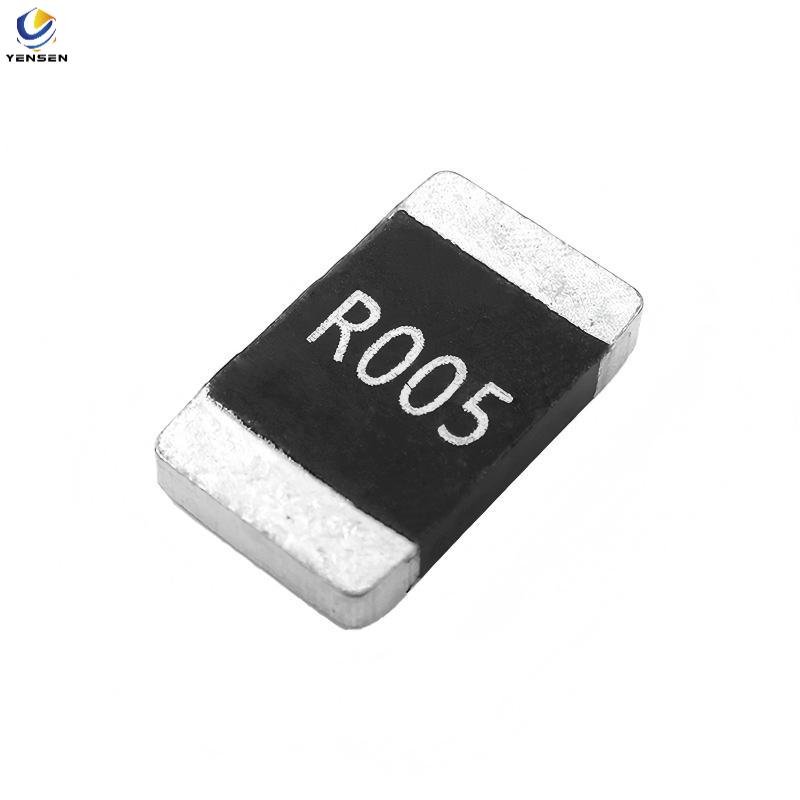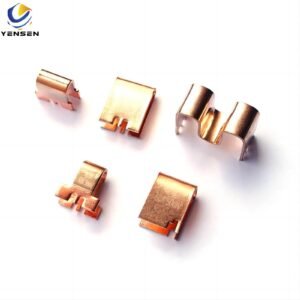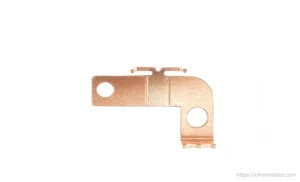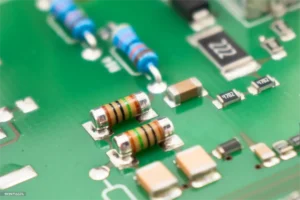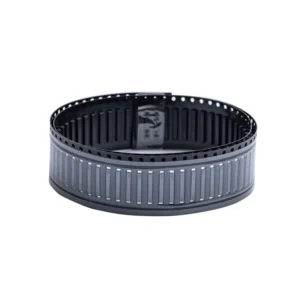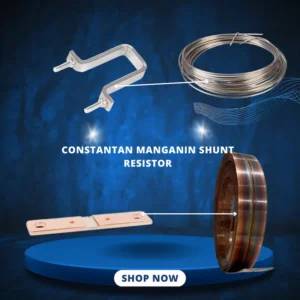How to Match SMT Alloy Resistors to Your Application Needs
Surface Mount Technology (SMT) alloy resistors are vital components in modern electronic devices, offering stable performance and compact form factors. But choosing the right one requires understanding their material, power ratings, and application-specific requirements.
What Are SMT Alloy Resistors?
SMT alloy resistors are chip-type resistors made of specialized metal alloys such as manganin, constantan, or nichrome. These resistors are commonly used for current sensing, power management, and precision circuits.

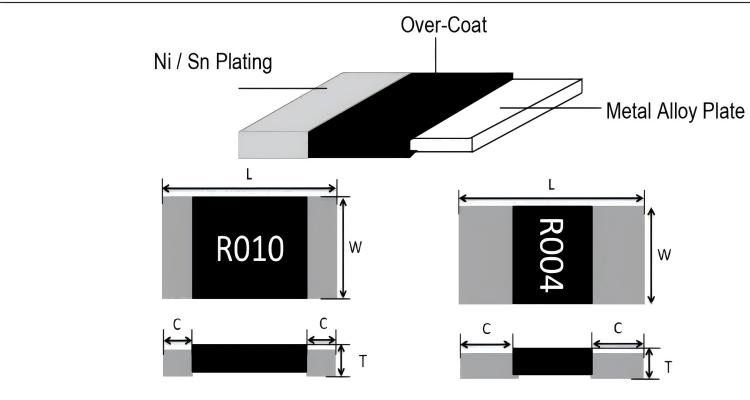
Key Selection Criteria
1. Resistance Value and Tolerance
Typical range: 0.2mΩ to 100mΩ
Tolerance: ±1% / ±2%
For applications like battery management systems (BMS), tighter tolerance is essential for precise current monitoring.
2. Power Rating
Ensure the resistor can handle the expected load current without overheating.
Example: A 3W resistor in a DC-DC converter must withstand both peak and continuous current
| Size Code | Power Rating (W) | Typical Application |
|---|---|---|
| 2512 | 1W–3W | Motor control, inverter |
| 1206 | 0.5W–1W | Battery packs, LED drivers |
3. Temperature Coefficient (TCR)
TCR indicates how resistance changes with temperature.
Lower TCR (e.g., ±50ppm/°C) is better for precision circuits.
Application Scenarios
🛻 Automotive Electronics
Used in fuel pump control, motor drive modules, and electric power steering.
Battery Management Systems (BMS)
For lithium battery packs in EVs, SMT alloy resistors measure charging/discharging current with high precision.
Power Supplies & Inverters
To ensure overcurrent protection and voltage regulation.
Why Alloy Resistors Are Preferred
Low Temperature Drift
Excellent Heat Dissipation
High Reliability
Automated SMT Assembly Compatible
Example Product: YSR Series SMT Alloy Resistor
| Model | Resistance (Ω) | Power Rating | Size | TCR |
|---|---|---|---|---|
| YSR2512 | 0.01Ω | 3W | 2512 | ±75ppm/°C |
| YSR1206 | 0.05Ω | 1W | 1206 | ±100ppm/°C |
Available in tape and reel packaging, RoHS compliant, with full ISO9001 & IATF16949 support.
Conclusion: Match by Function, Not Just Specs
Choosing the right SMT alloy resistor involves more than resistance value—it’s about matching performance to the actual demands of your application. From harsh automotive environments to compact power electronics, selecting the proper part ensures reliability and long-term success.

